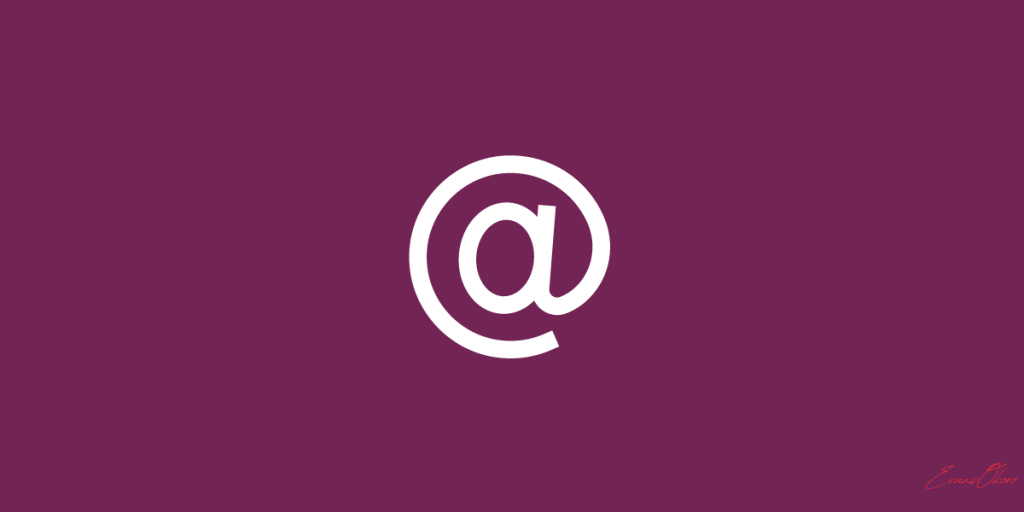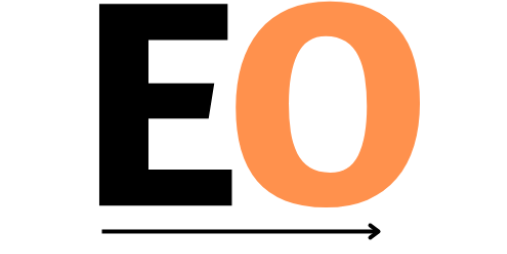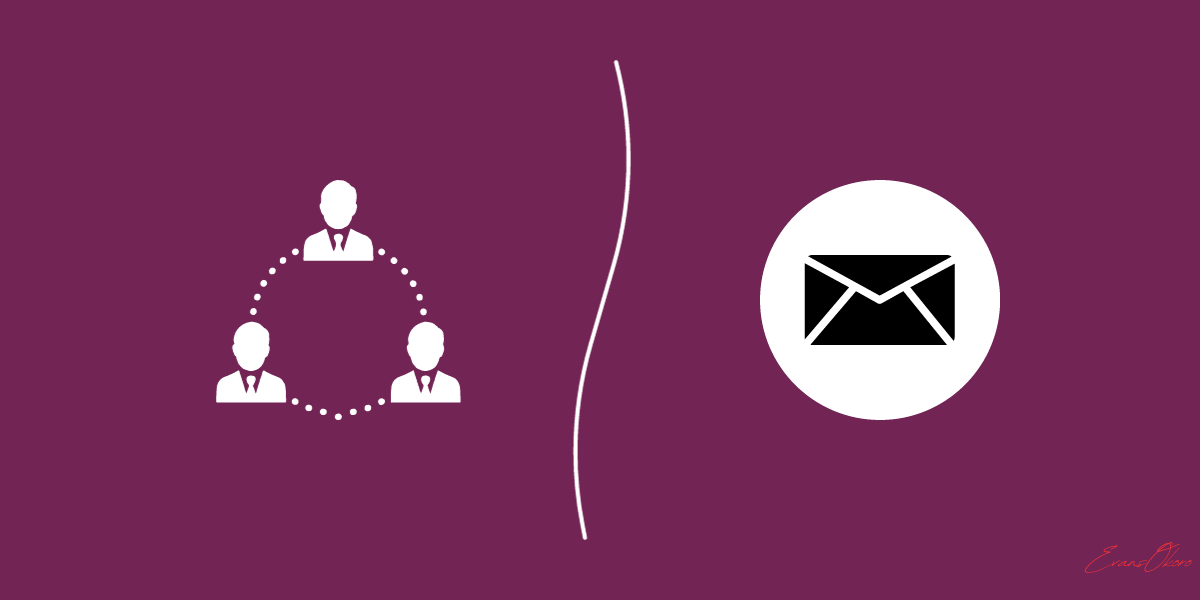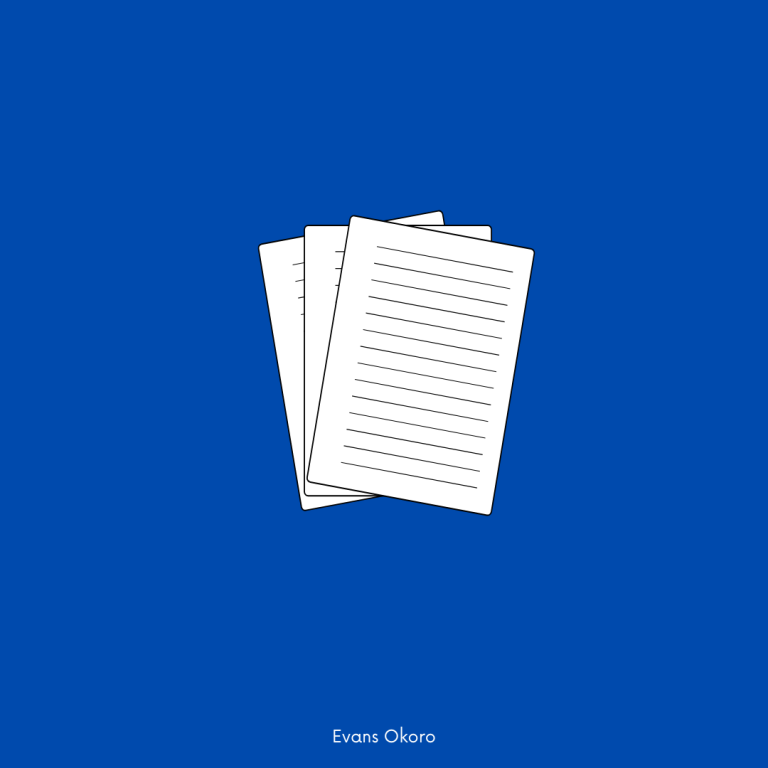How to Become a B2B Email Copywriter
As a freelance copywriter, knowing how to create engaging and eye-catching emails that capture their attention—and deliver your message effectively—is critical in gaining leads for new business. According to the Content Marketing Institute, 31% of B2B marketers say email newsletters are the best way to nurture leads.
That’s why so many businesses are now turning to B2B email copywriters – experienced professionals who can craft an effective email strategy for their brand and engage customers at every step of the funnel process.
In this blog post, I’ll cover what it takes to become a successful B2B email copywriter – from understanding best practices to mastering powerful strategies!
What is a B2B Email Copywriter
A B2B (business-to-business) email copywriter is a skilled professional who specializes in creating persuasive and effective email marketing content for businesses targeting other businesses as their audience. Their expertise lies in crafting email messages that resonate with B2B recipients, conveying the right message, and driving desired actions like generating leads or conversions.
The role of a B2B email copywriter involves understanding the intricacies of the B2B market and tailoring email content to suit the needs and interests of other businesses. Their focus is on writing compelling and engaging email campaigns that may include various types of content, such as product or service promotions, newsletters, event invitations, educational materials, and more.
The primary goal of a B2B email copywriter is to create email marketing campaigns that effectively communicate a business’s value proposition, build relationships, and drive results, be it increasing sales, brand awareness, or establishing authority in the industry. They are well-versed in writing copy that captures the attention of business audiences and motivates them to take action aligned with the company’s objectives.
Writing Tips for Professional B2B Email Copywriters
Some writing tips for professional B2B email copywriters include:
1. Add a Personal Touch: Personalization plays a crucial role in B2B email copywriting. Use the recipient’s name and consider segmenting your email list to provide more tailored content. Personalized emails often result in higher open and click-through rates.
2. Understand Your Audience: Get to know the needs, challenges, and preferences of your target audience. Make sure your email copy addresses these specific aspects, creating content that is relevant and engaging.
3. Focus on Benefits, Not Just Features: Highlight the benefits of your product or service rather than just listing its features. Show how your solution can solve the recipient’s problems or make their business more successful.
4. Use Strong Call to Actions (CTAs): Every B2B email should have a clear CTA. Tell the recipient exactly what action you want them to take, whether it’s scheduling a call, downloading a resource, or making a purchase.
5. Tell a Story: Storytelling can be a powerful tool in B2B email copywriting. Share success stories or case studies that demonstrate the positive impact your offering has had on other businesses.
6. Address Pain Points: Show that you understand the challenges your audience faces and how your product or service can help overcome those challenges. Relate your message to their specific pain points.
7. Avoid Spammy Language: Stay away from overly promotional or pushy language that might trigger spam filters. Keep your tone professional and respectful throughout.
8. Test and Optimize: Experiment with different elements of your email campaigns, such as subject lines, content, CTAs, and sending times. Analyze the results and optimize your emails for better performance.
9. Mobile Optimization: Given that many professionals check their emails on mobile devices, ensure that your email copy is mobile-friendly. Use responsive design and keep your content easily scannable.
10. Follow-up: Don’t stop at one email. Implement a follow-up sequence to nurture leads and build relationships. Persistence can pay off in B2B email marketing.
11. Provide Value: Whether it’s educational content, industry insights, or exclusive offers, make sure your emails consistently deliver value to the recipient. This builds trust and keeps your audience engaged.
12. Proofread and Edit: Typos and errors can harm your credibility. Always make it a point to proofread and edit your email copy before sending it out.
13. Ensure Clarity and Conciseness: As business professionals often have limited time, it’s essential to get straight to the point and convey your message clearly. Avoid using jargon or overly complex language that might confuse the reader.
14. Craft Compelling Subject Lines: The subject line is your first opportunity to capture the recipient’s attention. Make it attention-grabbing, relevant, and concise. It should pique their curiosity and encourage them to open the email.
Skills and Qualities of a Successful B2B Email Copywriter

1. Strong Writing Skills: Successful B2B email copywriters have a talent for crafting polished and concise content. They possess the unique ability to convey complex ideas in a manner that is easily understood by both experts and non-experts in the field. This skill enables them to simplify technical information and present it in a way that resonates with the audience.
Moreover, they have an unwavering grasp of grammar and spelling, ensuring that their emails are error-free. This commitment to professionalism reflects positively on the brand. Their use of engaging and persuasive language captures the reader’s attention from the subject line through to the closing paragraph. They understand the psychology of language and its impact on the reader’s decision-making process. Here are some copywriting books you can read to become a successful copywruter
2. Understanding of B2B Marketing: A deeper understanding of the B2B marketing landscape is another crucial skill of successful B2B email copywriters. They are highly knowledgeable about the various stages of the B2B buyer’s journey, knowing how to create content that aligns with each stage, whether it’s awareness, consideration, or decision-making.
They excel in crafting buyer personas for different segments of the target audience, enabling them to tailor content that addresses the unique pain points, challenges, and goals of each persona. Keeping an eye on industry trends, competitor strategies, and shifts in the B2B market is essential. This knowledge empowers them to position their content effectively.
3. Research Skills: Effective B2B email copywriters are skilled researchers. They conduct extensive research on the industry, products or services, competitors, and the specific challenges faced by the target audience. In addition, they delve deep into understanding the target audience’s behaviors, preferences, and pain points.
This meticulous research forms the foundation for crafting content that truly resonates. The use of data-driven insights informs their writing by analyzing metrics like open rates, click-through rates, and conversions. This data-driven approach allows them to adapt their content strategy to what works best.
4. Creativity and Innovation: Creativity is the lifeblood of B2B email copywriters. They infuse their writing with fresh, original ideas, avoiding clichés and template-driven content. This ensures that each email feels distinctive and unique. They are not afraid to experiment with innovative approaches to engage the audience.
This could involve creative storytelling, the use of multimedia, or interactive content, which helps their emails stand out in crowded inboxes. Moreover, they have a knack for using creative problem-solving to position the client’s product or service as a solution to the recipient’s challenges, a highly persuasive technique.
5. Attention to Detail: Paying meticulous attention to detail is a hallmark of successful B2B email copywriters. Their meticulousness ensures that each email is free from spelling and grammatical errors, which can detract from the professionalism of the message.
They also devote significant effort to formatting, ensuring that emails are well-structured and visually appealing, enhancing the readability of the content. In the context of B2B marketing, adherence to industry regulations and email compliance is vital, and successful copywriters ensure that their emails meet these legal and ethical standards.
6. Adaptability: Adaptability is a valuable trait among B2B email copywriters. They demonstrate flexibility by tailoring their writing style to different industries and target audiences. They avoid a one-size-fits-all approach and customize their content for each client. Their openness to feedback and willingness to make revisions based on client or team input is essential in a collaborative work environment.
7. Knowledge of Email Marketing Platforms: Proficiency in using email marketing platforms like MailChimp, Constant Contact, or HubSpot is a must for successful B2B email copywriters. This includes knowledge of creating and optimizing email templates, as well as tracking campaign performance.
A good understanding of A/B testing allows them to set up and interpret tests to optimize subject lines, content, and CTAs for maximum engagement and conversions. Furthermore, their knowledge of marketing automation tools enables them to set up drip campaigns and automated responses that nurture leads throughout the sales funnel.
Common Mistakes to Avoid When Writing B2B Emails

When it comes to B2B email copywriting, it’s essential to navigate numerous pitfalls. Successfully avoiding these common mistakes can make a significant difference in how your target audience receives your emails. Let’s dive into these blunders and learn how to steer clear of them:
1. Spammy Language and Triggers: Imagine this scenario: you’ve just hit “send” on an email, only to realize it ended up in the recipient’s spam folder. It can be frustrating, but it’s possible to avoid this by avoiding spammy language and triggers. Phrases such as “act now,” “limited time offer,” and excessive use of exclamation marks can trigger spam filters. While urgency and enthusiasm are essential, striking a balance is crucial. Always focus on providing value and relevance in your emails instead of relying on exaggerated claims and spammy tactics.
2. Overly Complex Language: You may have a wealth of industry-specific jargon and complex terminology at your disposal, but resist the urge to showcase it all in your B2B emails. Overly complex language can overwhelm your readers and cause them to disengage. To avoid this mistake, aim for clarity and simplicity. Ensure your message is easily digestible for a broad audience, even if you’re targeting industry professionals. Clearly communicate the benefits of your product or service without getting lost in technicalities.
3. Lack of Personalization: One-size-fits-all email campaigns are a thing of the past. Today’s B2B recipients expect personalization. Failing to tailor your emails to your recipients can result in missed opportunities. It’s essential to go beyond addressing your recipient by their first name. Dive deeper by segmenting your email lists based on specific criteria, such as industry, job role, or previous interactions. This allows you to craft content that resonates with each group, increasing the likelihood of engagement and conversion.
4. Unclear or Missing CTAs: Your B2B emails serve a purpose – to guide the recipient towards a specific action, whether it’s scheduling a call, downloading a resource, or making a purchase. Failing to include a clear and compelling Call to Action (CTA) can be a costly oversight. Avoid vague or generic CTAs like “click here” or “learn more.” Instead, use action-oriented language that communicates the benefit of clicking. Additionally, ensure your CTA buttons or links are prominently placed and visually distinct from the rest of the content.
5. Ignoring Mobile Optimization: In an increasingly mobile-centric world, neglecting mobile optimization is a significant mistake. When your B2B emails aren’t mobile-friendly, you risk alienating a substantial portion of your audience. Ensure that your emails are responsive, seamlessly adjusting to various screen sizes and devices. Test your emails across different mobile platforms to guarantee they display correctly. Mobile optimization isn’t just about formatting; it also encompasses load times and ease of navigation on smaller screens.
6. Neglecting Follow-Up Sequences: Often, B2B email campaigns don’t succeed with a single email. Neglecting follow-up sequences is a considerable oversight. Your first email might capture the recipient’s attention, but it’s the follow-ups that nurture the relationship and lead to conversions. Establishing a well-structured sequence of emails that progressively builds on the initial message can substantially improve your chances of success. These follow-ups could provide more information, address objections, or invite the recipient to take the next step.
7. Focusing Solely on Features: While the features of your product or service are undoubtedly important, fixating on them in your B2B emails is a mistake. Your audience is more interested in how your offering addresses their pain points and fulfills their needs. Shift the focus from features to benefits. Explain how your solution can make the recipient’s life easier, solve a specific problem, or enhance their business. By highlighting the value your offering brings, you’ll pique their interest and prompt them to explore further.
Conclusion
In conclusion, writing effective B2B emails for your clients is a skill that requires research, creativity, and a deep understanding of their target audience.
By following these tips and maintaining the qualities necessary to be successful in copywriting, you can become a successful B2B email copywriter with ease. Remember to use personalization, relevant examples, concise language, and value without overpromising.
Finally, avoid making common mistakes such as ending abruptly or turning off customers with too much information when crafting your emails. Take the time to go through the entire process step-by-step, and you will be able to build professional relationships with your clients.





One Comment